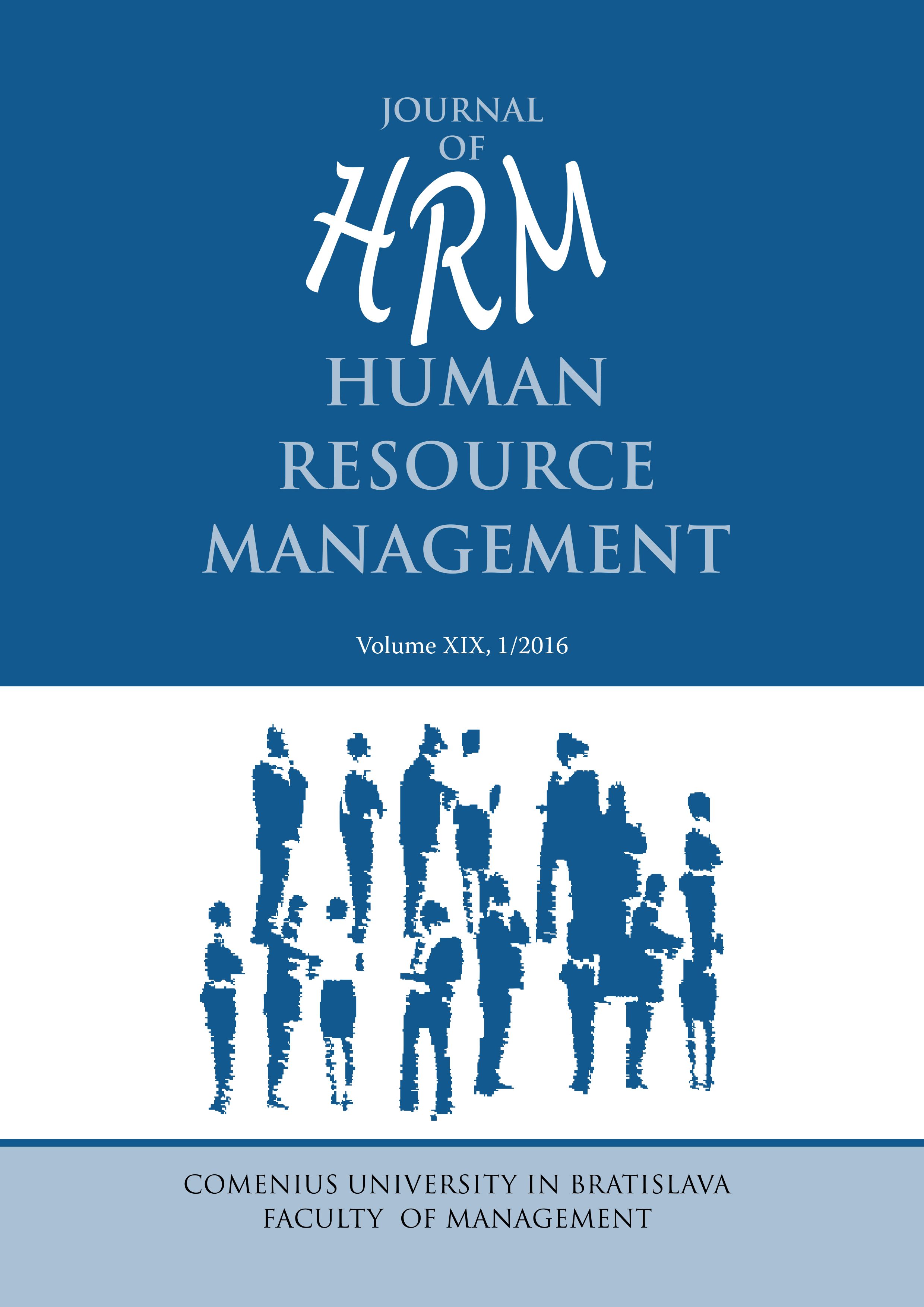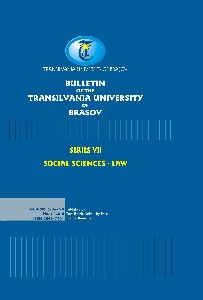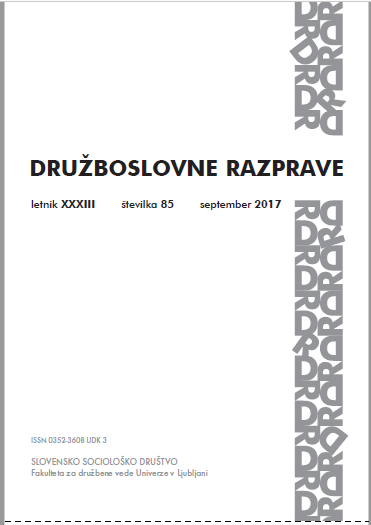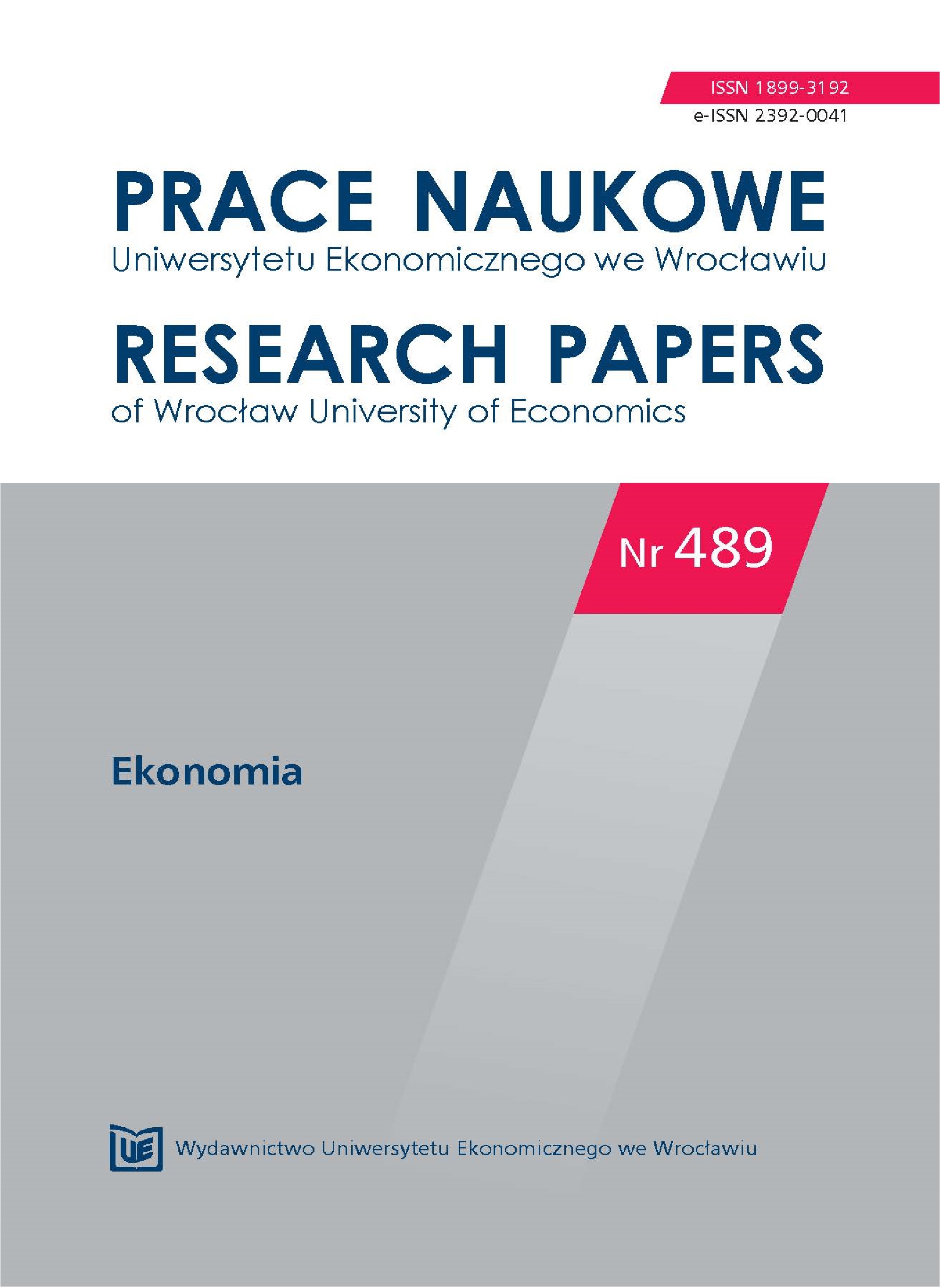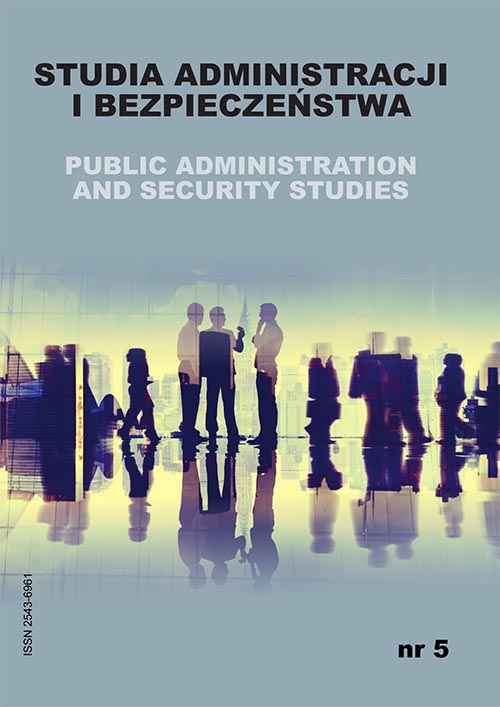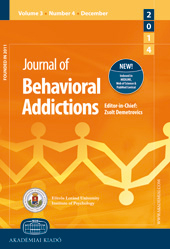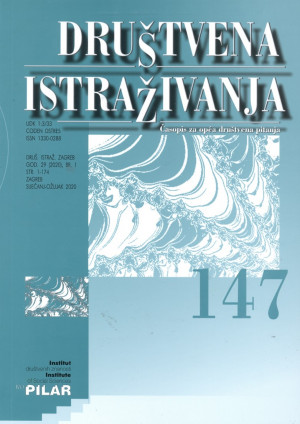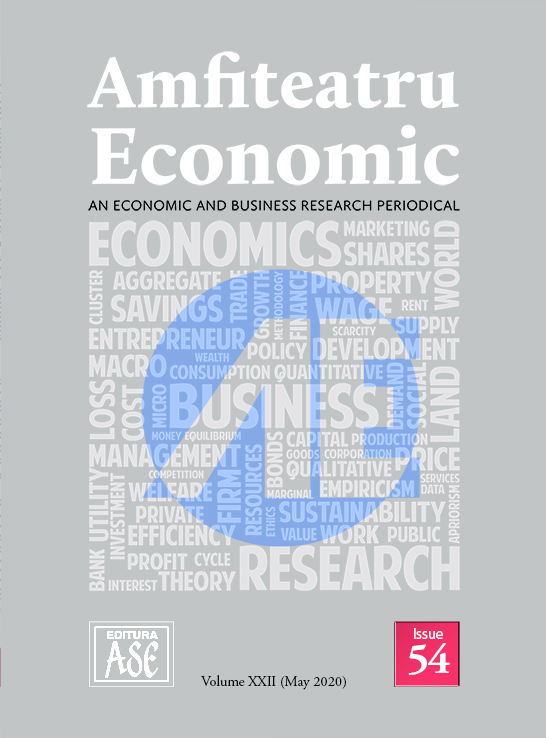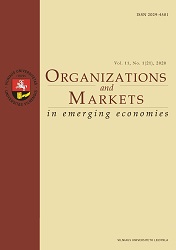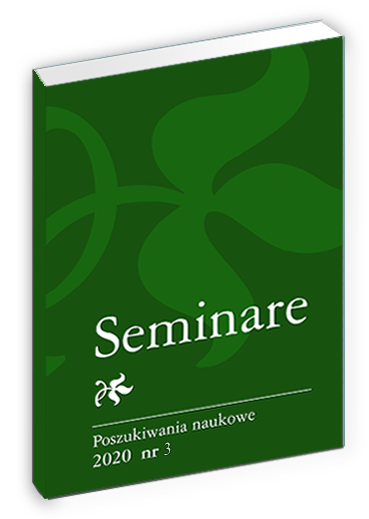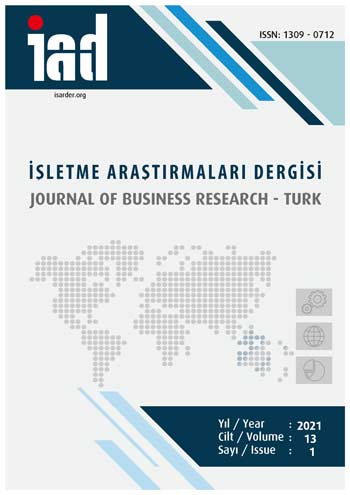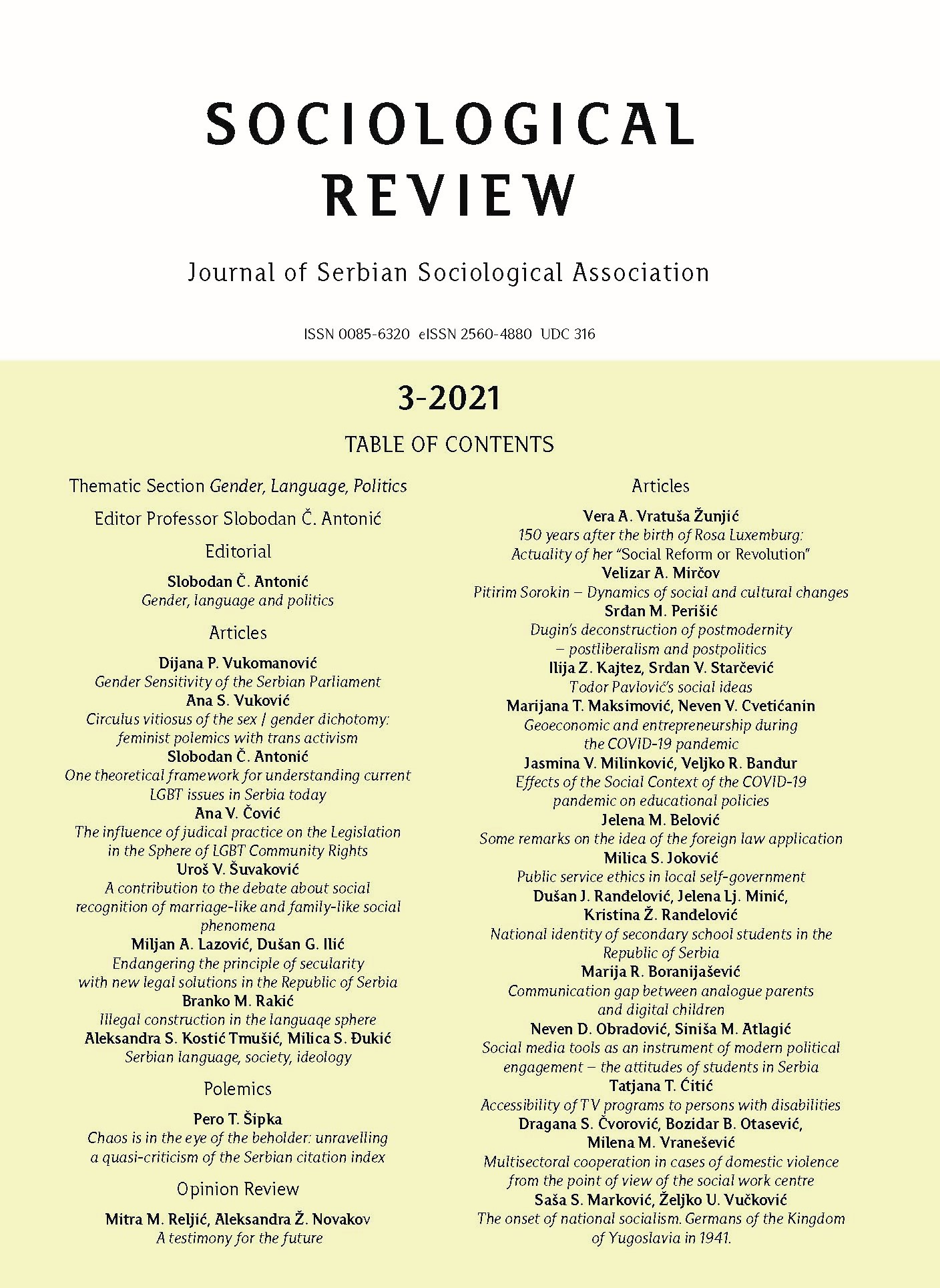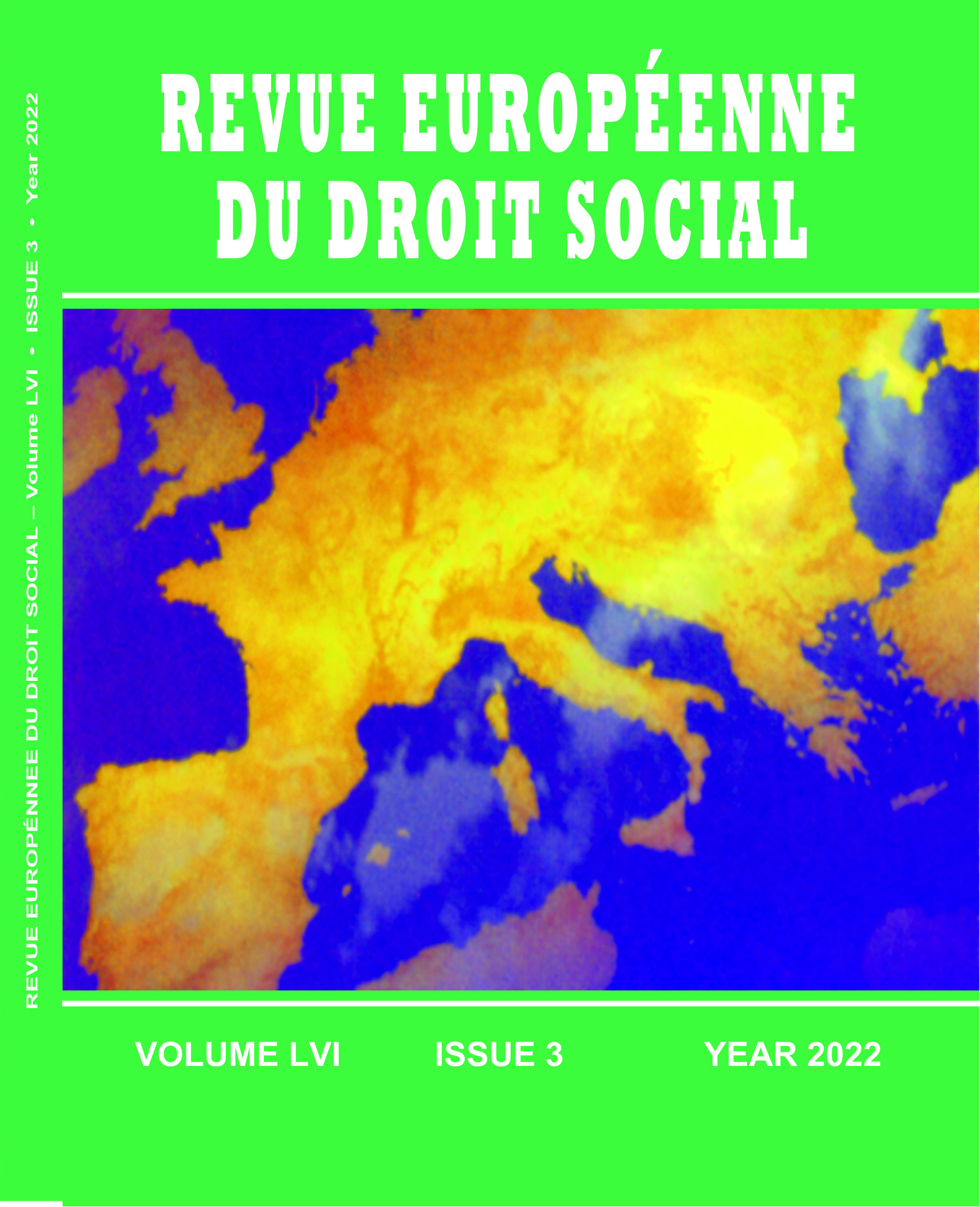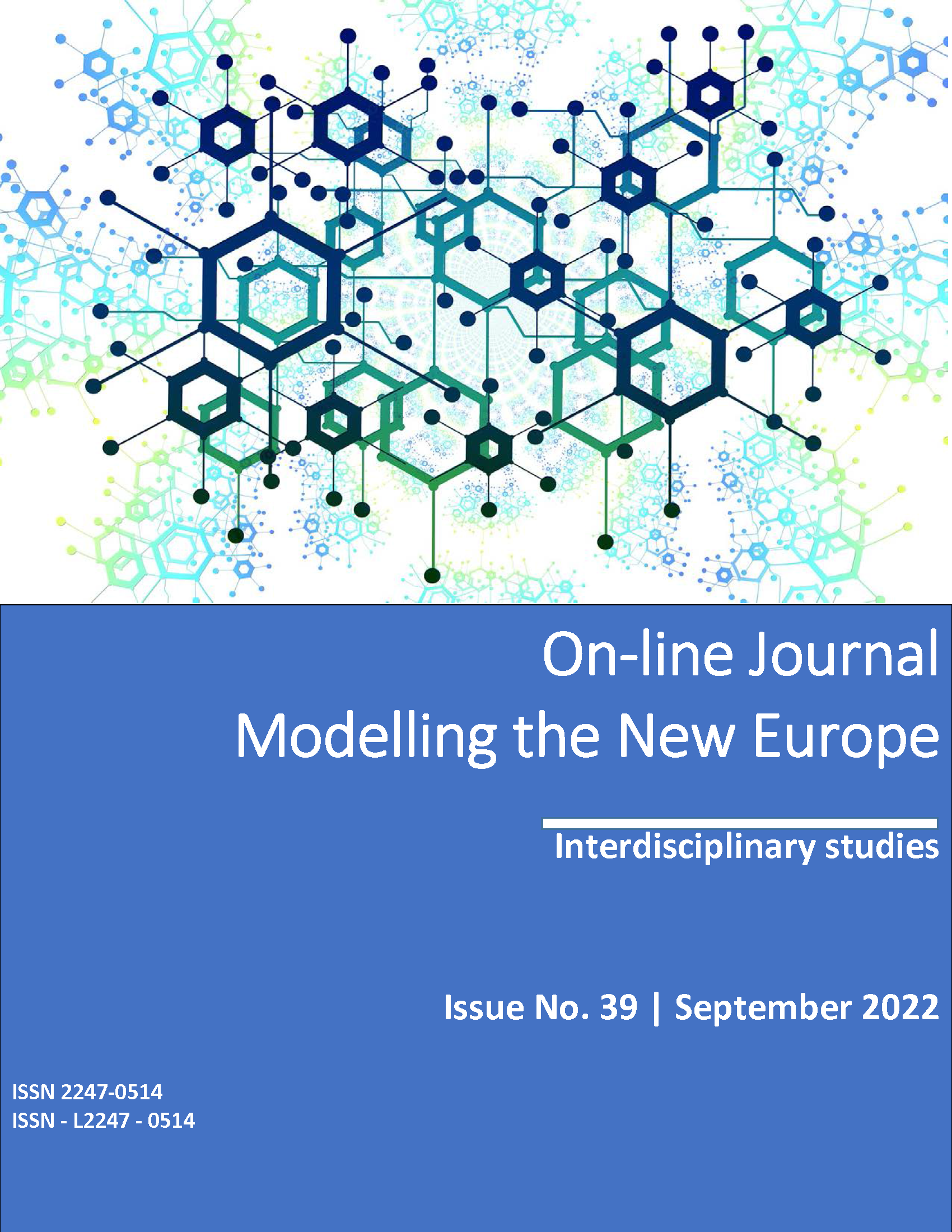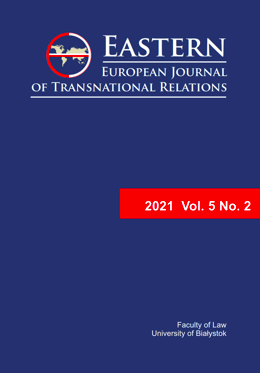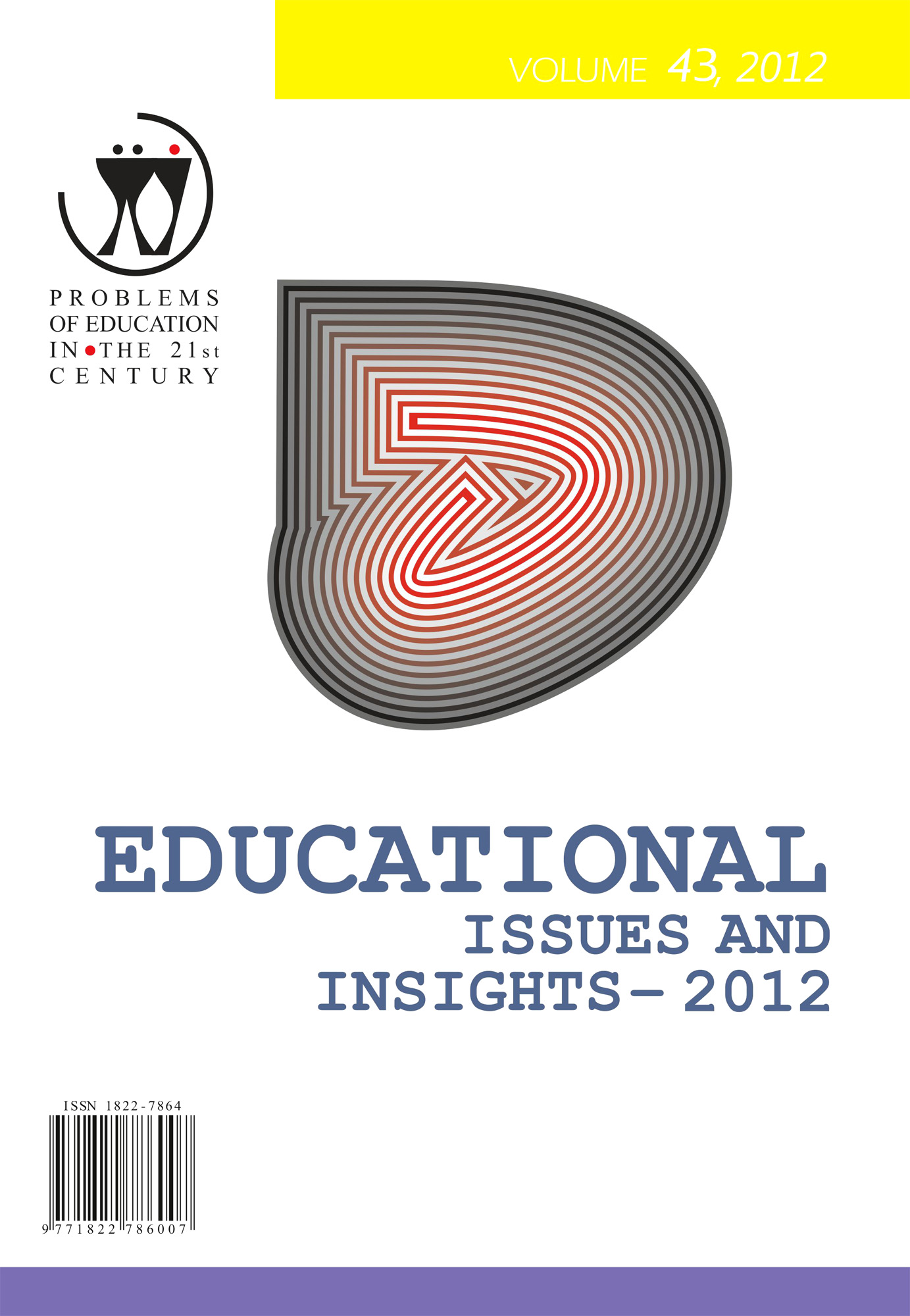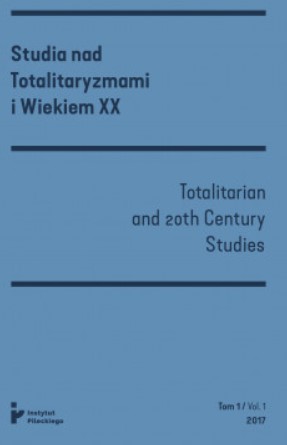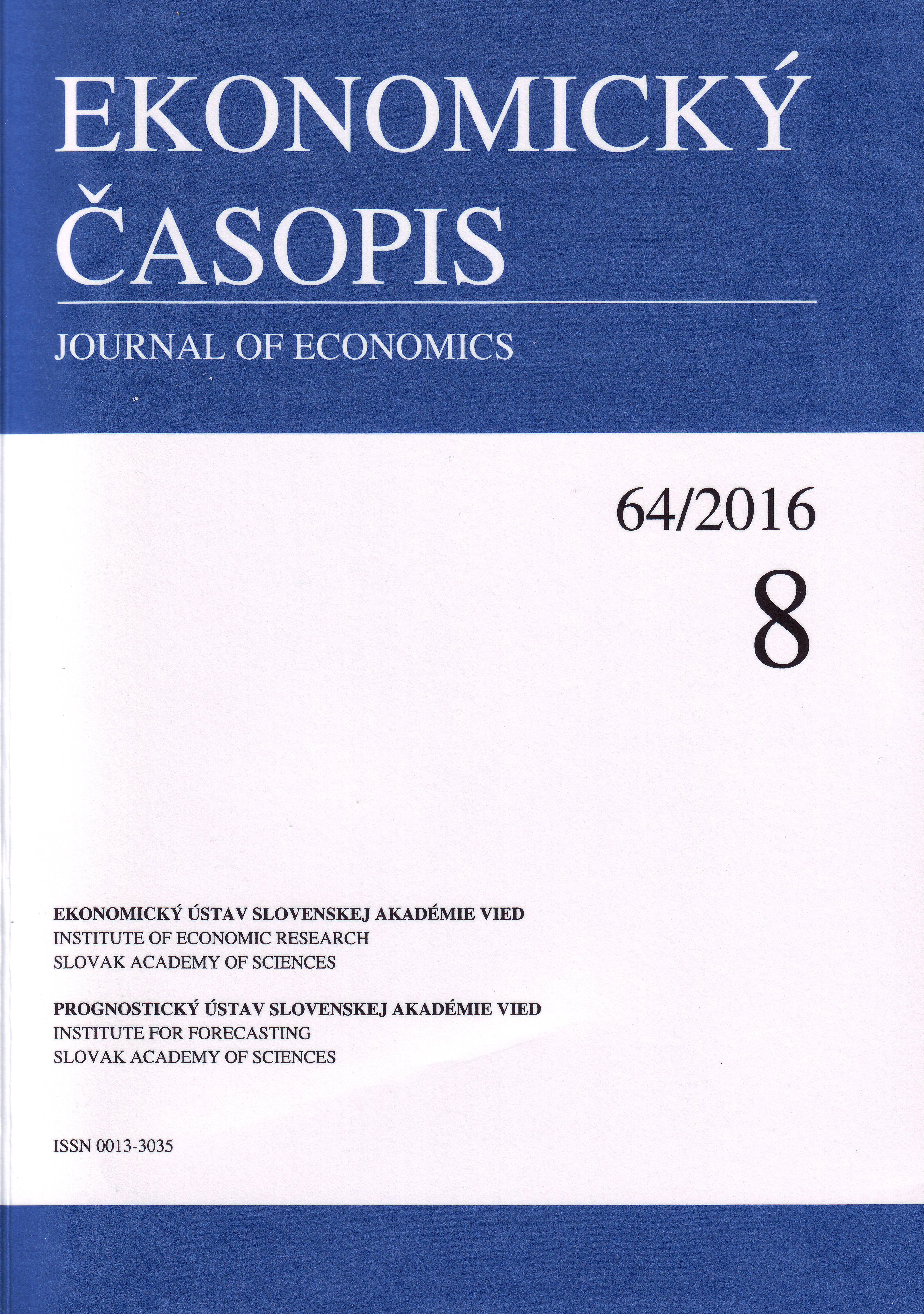
Evaluating the Effectiveness of Policy Measures to Support Spatial Mobility in Slovakia: The Contribution for Commuting to Work and the Contribution for Resettlement
Evaluating the Effectiveness of Policy Measures to Support Spatial Mobility in Slovakia: The Contribution for Commuting to Work and the Contribution for Resettlement
Keywords: spatial mobility; propensity score matching; counterfactual impact evaluation; active labour market policy;
This paper evaluates the impact of two active labour market measures providing financial contributions to cover costs related to spatial mobility of the unemployed. One supports daily commuting and the other resettlement. For the purpose of evaluation, administrative data from the obligatory social insurance database and the official register of the unemployed were linked. Three indicators of outcome are identified, commuting time, the income of individuals and employment after the end of support. The richness of the data allowed us to use propensity score matching in order to rule out possible selectivity issues. After achieving satisfactory balance, we have yielded comprehensive and robust, significant positive effects of both of the measures under evaluation. The estimated impact differs regionally and is based on the individual characteristics of the beneficiaries.
More...
